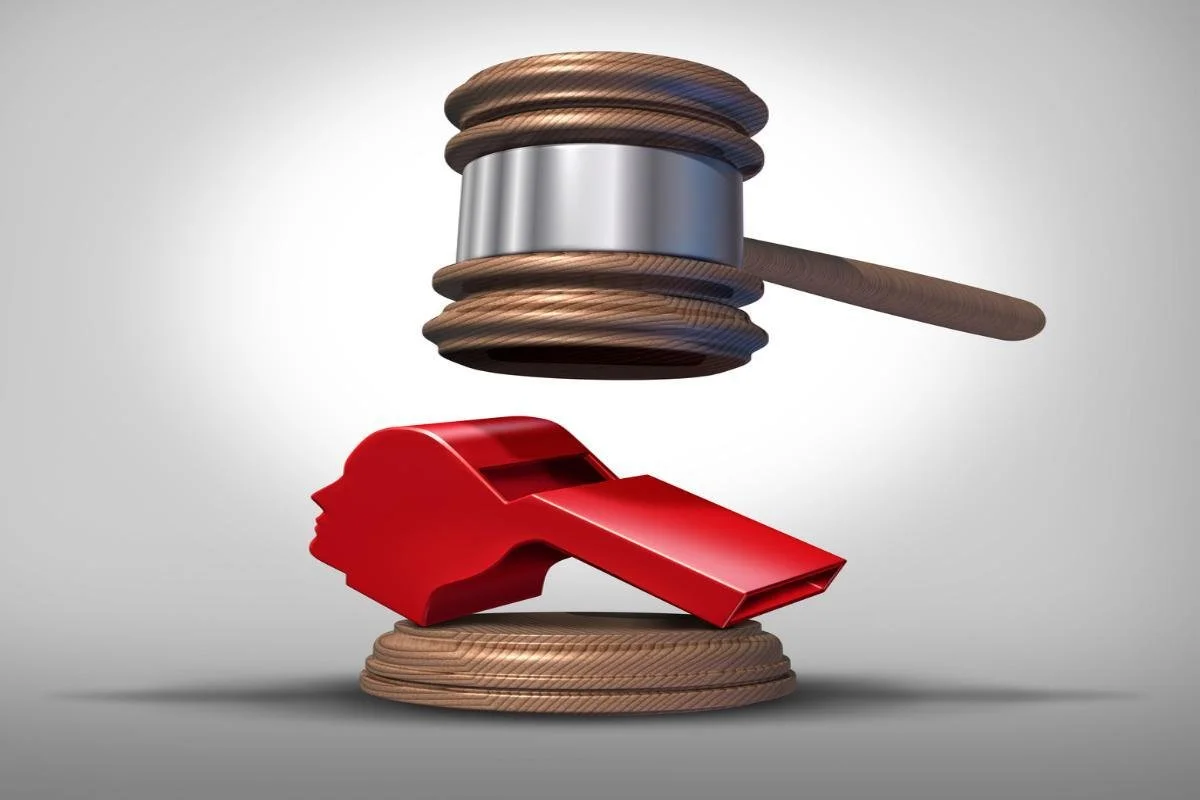Los Angeles Nurse Sues Cedars-Sinai for Discrimination, Retaliation, and Wrongful Termination
/A former Cedars-Sinai Medical Center nurse has filed a lawsuit claiming her dream nursing job turned into a nightmare when she faced repeated harassment from Filipino coworkers, discriminatory treatment, and ultimately termination after complaining about the abuse.
Case: Camyle Meier v. Cedars-Sinai Medical Center
Court: Los Angeles Superior Court
Case No.: 21STCV27139
The Plaintiff: Meier v. Cedars-Sinai Medical Center
Camyle Meier, a half-white and half-Japanese nurse, accepted her “dream job” at Cedars-Sinai shortly before finishing her bachelor’s degree in nursing. Inspired by childhood experiences (including her sister’s treatment at Cedars), Meier was eager to build a long career in medicine. According to her complaint, that goal was cut short due to a hostile work environment, discrimination, and retaliation.
The Defendant: Meier v. Cedars-Sinai Medical Center
Cedars-Sinai Medical Center is a large healthcare facility located in Los Angeles. It's also one of the largest employers in California’s medical sector.
History of the Case: Meier v. Cedars-Sinai Medical Center
Meier alleges that on her very first day of work, Filipino coworkers poured coffee into her backpack and tampered with her belongings, sending what she interpreted as a clear message of racial animus. Assigned to a section composed almost entirely of Filipino women who had worked together for over a decade, she claims she was consistently ostracized, bullied, and assigned the heaviest and most difficult patients without proper training.
The Allegations: Meier v. Cedars-Sinai Medical Center
According to the lawsuit, her colleagues filed falsified complaints against her, subjected her to unreasonable scrutiny, and undermined her work. Meier alleges that after she resisted actions she believed were unlawful and reported the harassment, retaliation escalated. She was placed on leave just two days before her six-month probationary period ended and was terminated for an alleged time recording violation—a policy she says was different from the one originally provided to her.
Meier's lawsuit includes claims for:
Gender Discrimination
Retaliation
Breach of Contract
Breach of the Covenant of Good Faith and Fair Dealing
Failure to Prevent Harassment and Discrimination
Failure to Take Corrective Action
Intentional Infliction of Emotional Distress
The Main Question in the Case: Meier v. Cedars-Sinai Medical Center
Did Cedars-Sinai Medical Center violate California labor laws (including the Fair Employment and Housing Act (FEHA) by allowing a hostile work environment to develop, failing to take corrective action, and terminating Meier in retaliation for her complaints?
FAQ: Meier v. Cedars-Sinai Medical Center
Q: What type of discrimination is alleged in this case?
A: Meier claims she experienced race- and gender-based discrimination, harassment, and retaliation after reporting workplace misconduct.
Q: What specific conduct is alleged against her coworkers?
A: Allegations include tampering with personal belongings, pouring coffee into her backpack, assigning her the most physically demanding patients without training, filing false complaints, and subjecting her to ostracization and intimidation.
Q: What damages is the plaintiff seeking?
A: The lawsuit seeks unspecified compensatory and punitive damages for lost income, emotional distress, and harm to her professional career.
If you have been harassed, discriminated against, or wrongfully terminated in retaliation for speaking out, you may have legal options under California employment law. Contact Blumenthal Nordrehaug Bhowmik DeBlouw LLP today. Our experienced Los Angeles employment law attorneys fight to protect the rights of workers across California, with offices serving clients in Los Angeles, San Diego, San Francisco, Sacramento, Riverside, and Chicago.










